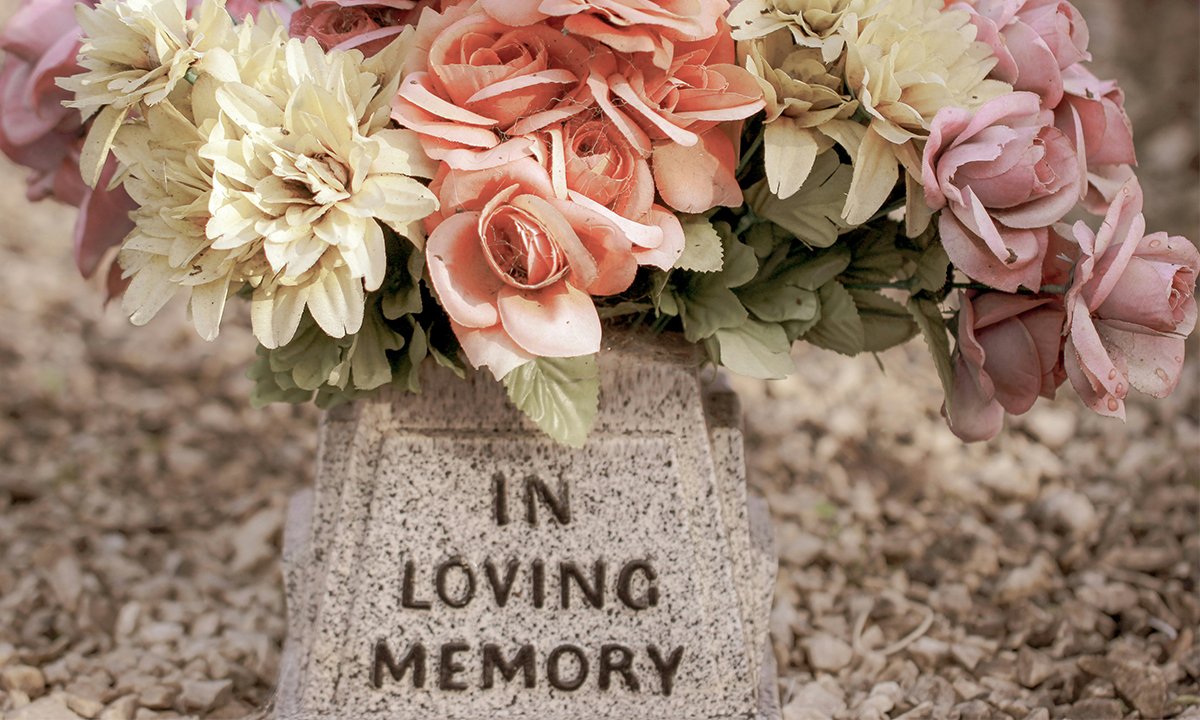Please, create a digital estate plan
Last week, I attended the funeral of one of my clients. I've had clients pass away before, but for some reason, this passing has gripped me a little tighter than the last.
You see, we started working together a few years ago. He reached out for assistance to begin the process of downsizing his life. He was in his late 60s and felt the burden of all his possessions. COVID was particularly hard for him. He accumulated a lot through isolation, in addition to all the other things he had collected throughout his life. He didn't want to leave his family with "his mess."
It felt overwhelmingly sad for me. Seeing a client's fears become a reality really hits home for me. I agreed to meet with the family, hoping to share what I knew about his home and its contents. Upon my arrival, they asked me, "Did he give you any of his passwords?" There was a good 15 seconds of silence in the room, and my heart sank when I said, "No."
When I left that meeting, I felt sadness for the loss, but my mind churned with questions: Why did this happen? What could we have done differently? Have I shared my passwords with my essential people? Do I have the passwords of my important people?
The answers to these questions fall into one: create a digital estate plan.
Gather your digital data: this is easiest to do in a password manager, but simply writing it down (in one place) can work. Things to include:
Financial information, such as banking, investments, or mortgage accounts
Technological information, such as computer passwords, PINs or passcodes
Social media profiles or login credentials
Subscription services, such as streaming, entertainment or websites
Consider where you will organize this data and how it can be delivered to your person. I've discussed this in more detail, so be sure to check that out.
Who is in charge? This is an important question to consider. Who will manage your life if you're not able to? It's not necessarily just about estate management. If you're suddenly sick or incapable of managing your life, who can help you?
A good example is if you have college students or young adult children. Do you know the password to their phones? Who will pay their bills if they cannot? Yes, I also contacted my kids to ask for their passcodes and scheduled a reminder to ask them once a year.
Communicate your plan. It's one thing to create a plan; it's another to communicate it. Take the time to share with your trusted partners where your important details are, how they can gain access, and what you'll do if anything changes. I recommend reviewing this information at least once yearly and updating it as needed.
Navigating the loss of a loved one is overwhelming, especially when we don't expect it. We must process so many feelings: grief, sadness, confusion, frustration, etc. I share this because it underscores a big part of why I love what I do. It's about making sense of the mess so my clients can find clarity and peace.
Not sure where how to create your digital estate plan?

